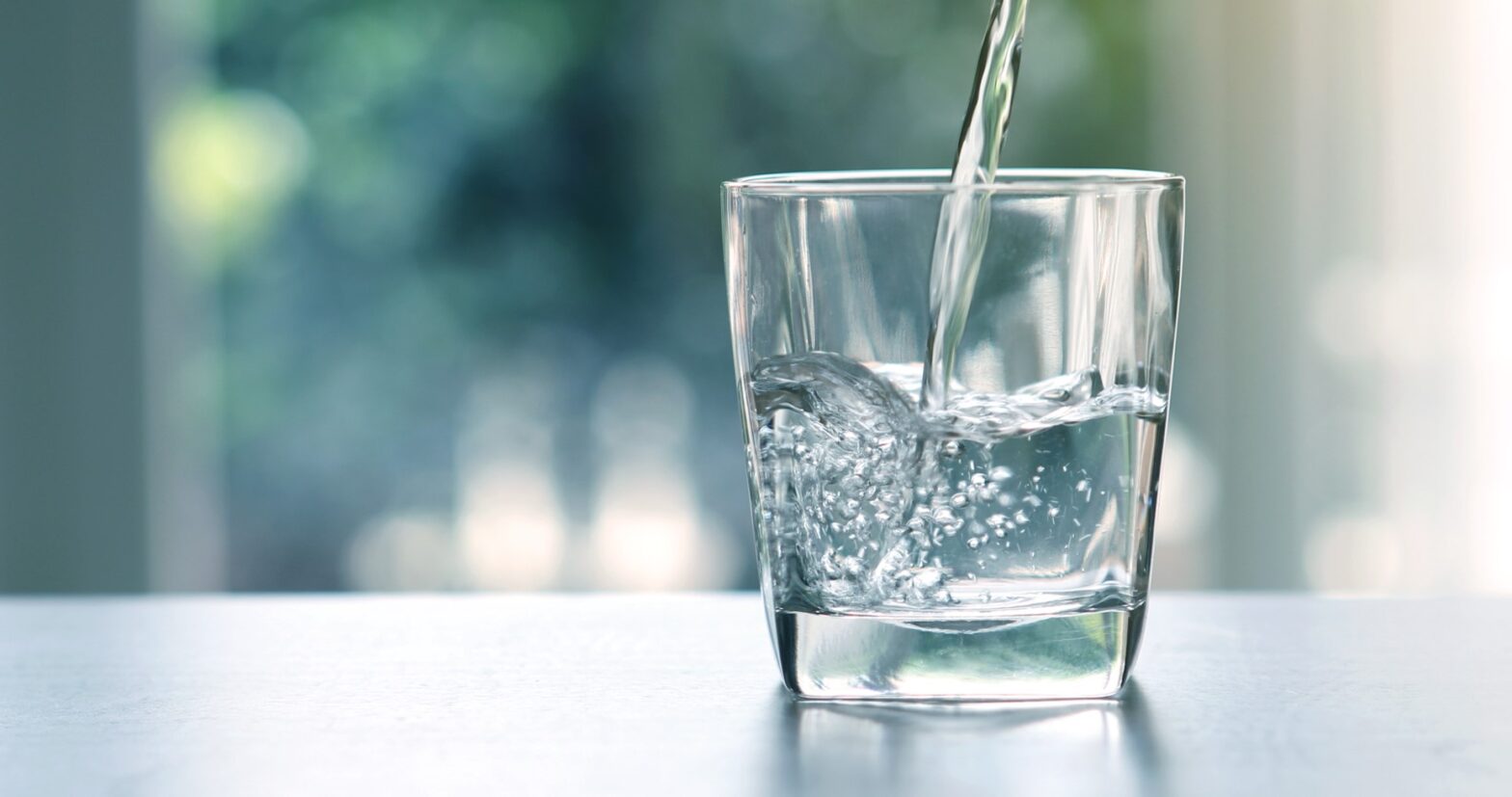Angelo Dellomo of Mays Landing received an alert that all South Jersey and Philadelphia residents received over the past weekend that there was contamination in the Delaware River, and to be on alert for the latest reports on the safety of our drinking water. This reminder led many to flood the grocery stores to stock up on bottled water, but Angelo Dellomo of Mays Landing notes that it reminded us all that clean drinking water is not something we should take for granted. Everyone can do their part to help keep our water clean. Today, Angelo Dellomo will touch on a few ways everyday citizens can do their part to protect one of our most precious natural resources.
The first thing Angelo Dellomo suggests everyone does is consider the outdoor surfaces surrounding our homes. Stormwater flows across hard surfaces and picks up all the dirt and grime along the way. Pollution streams can be stopped using natural materials like gravel, wood, and other porous materials. There will be times when hard surfaces are unavoidable, but surrounding these surfaces with plants and other wildlife can help catch the rainwater runoff before it travels too far.
All drains in a home should be treated with respect. What we flush down the toilet, in particular, will impact what needs to be cleaned. Unnatural materials and nondegradable products such as baby wipes can cause enormous problems for our local sewage treatment process. It’s not uncommon for these types of materials to end up littering our beaches. If everyone can utilize their toilets only to remove human waste, it can make a big impact. Another thing Angelo Dellomo wants to note is that many people choose to dispose of old medications in the toilet. These chemicals need to be filtered out. Most pharmacies have programs to take back expired medication and dispose of it correctly.
The sink actually is more notorious for having hazardous materials washed down it than the toilet. People will unknowingly pour down questionable household products like old cleaning supplies or paint without considering the toxic ingredients they place in our local water supply. Most public works or local sanitation companies will provide pick-up for hazardous-waste collection. If there isn’t a specific known date, Angelo Dellomo of Mays Landing recommends calling the local township office to get in touch with the proper party about toxic material removal.
One of the best things a person can do to help keep the local water supply safe is to take good care of their car. This may seem counterintuitive, but Angelo Dellomo points out all of the liquids that can potentially leak from a vehicle that isn’t properly cared for. Oil spills, gasoline leaks, anti-freeze, brake fluids, and any other liquid that comes from a car can be a danger to our collective water supply and to nature. Sticking to a routine of regular vehicle maintenance as instructed by a car’s owner’s manual is a driver’s best bet.
